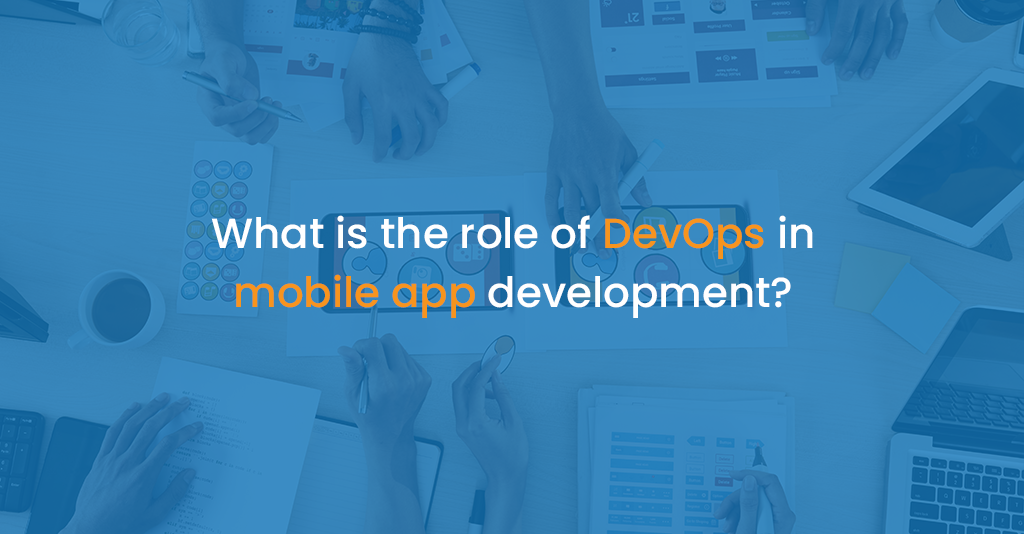Introduction
The goal of DevOps is to enhance the delivery and development of applications. It entails encouraging cultural change, exchanging best practices, automating repetitive work, and putting technologies into place.
Enterprise firms may develop software from best android app development company in India while upholding high standards thanks to DevOps. It includes numerous features, including metrics analysis, security and monitoring, deployment automation, and continuous testing.
iStudio technologies in Chennai is one of the top mobile app development companies that offer the best mobile app development services.
DevOps in Mobile Applications
The fastest-growing segment of the software market is mobile apps. According to Evansdata, there will be a 20% increase in app developers over the next two years. Mobile applications are in great demand in this market, and employee turnover is significant.
Six Principles for Successful Mobile DevOps Deployment
Automation of the entire process
Integration and continuous planning
Continuous testing

Encompassing accountability
Continuous deployment and delivery

Quality assurance
Conclusion
Automation, scalability, speed, and cost-effectiveness are all challenged in different ways by the creation of mobile apps. DevOps, which generally seeks to streamline the application development process by managing numerous environments, is one technique to deal with problems in the software life cycle.
DevOps adoption for mobile apps involves challenges, but the process is beneficial because the benefits are quantifiable. Overall, despite the cost of creating an app and its initial challenges, DevOps benefits outweigh the investment.



